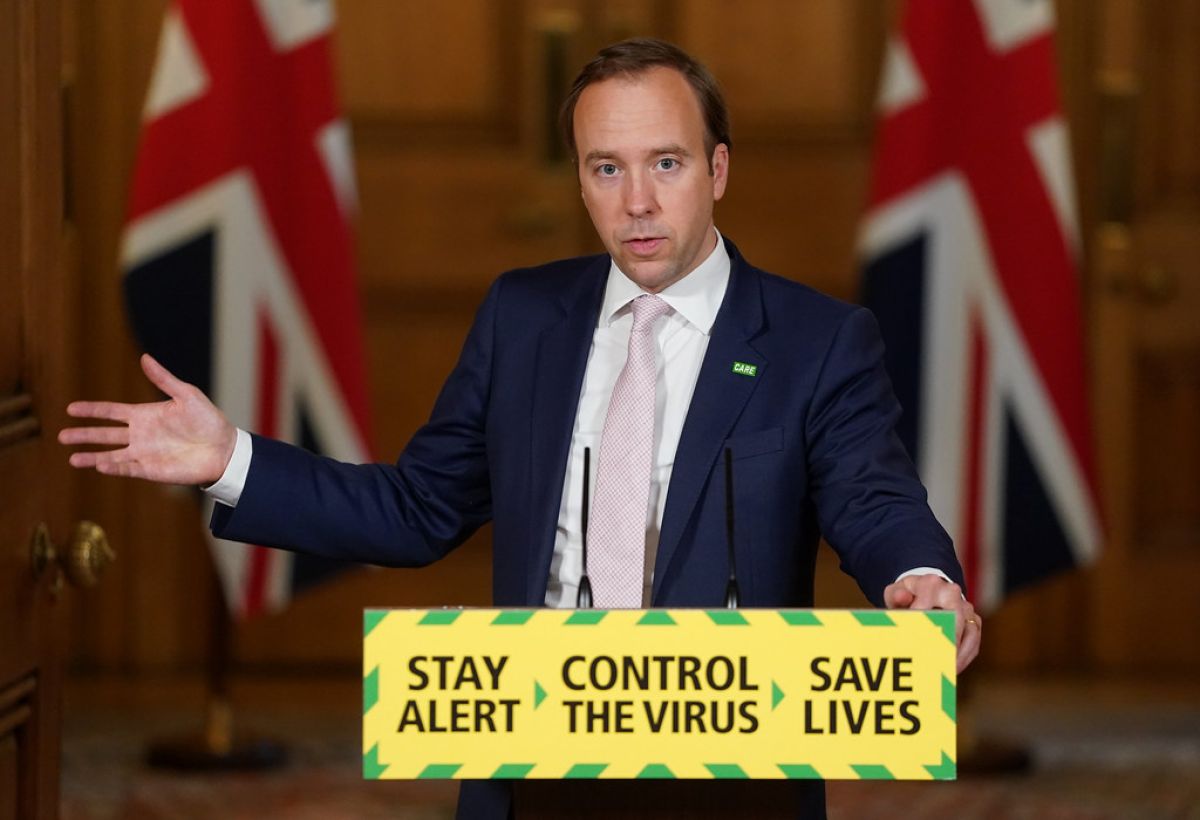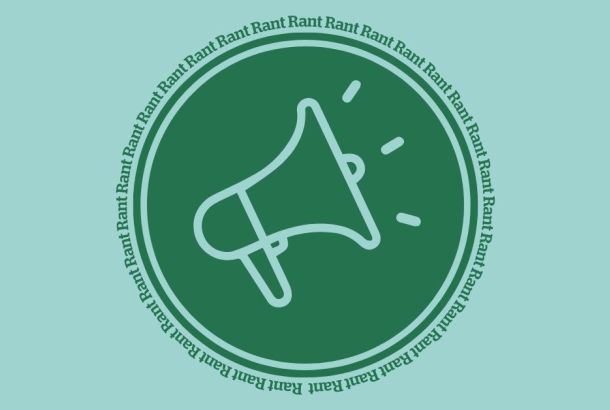Matt Hancock’s cocked up (again!)
By Lucy Wright

A series of over 100,000 WhatsApp messages sent between Matt Hancock and various Government officials during his tenure as Health Secretary for have been revealed in what The Telegraph ominously calls the “lockdown files”. Perhaps the biggest government leak since the 2009 phone hacking scandal, former Sunday Times political editor Isabel Oakeshott has exposed a series of messages which cover an array of topics from details of care home testing to the MP-turned (debatably) TV personality’s affair.
To begin, this isn’t Oakeshott’s first rodeo. She seems to have a reputation for ending careers; in 2011, Oakeshott exposed former liberal democrat Chris Huhne’s wife for taking points on her driving licence for an offence Huhne had committed. The revelation led to the imprisonment of both Huhne and his wife for 8 months. In light of this, the “lockdown files” jokingly reveal more about Hancock’s poor judgement of character in trusting a known vocal lockdown sceptic than the handling of the pandemic.
Oakeshott obtained the messages when she was tasked with aiding Hancock with writing his book, The Pandemic Diaries. She earnestly claims to have revealed the messages out of fear that the ongoing COVID-19 inquiry would be a “colossal whitewash”.
However, there seem to be some serious questions raised around Oakeshott’s true intentions in leaking these messages, as well as questions on whether Oakeshott is in breach of a Non-Disclosure Agreement. Oakeshott dismisses these claims on the premise that she acted in the “national interest”.
But what exactly does Oakeshott mean by “national interest”? If she means pushing a revisionist history of the pandemic, then she certainly is right. Oakeshott’s leak is more harmful than it is good.
The leak appears to be a sinister attempt to revise Covid-19 history. As a vocal lockdown sceptic, claiming the decision to lock down the country was “catastrophic”, Oakeshott by virtue of exposing the WhatsApp messages, pushes her harmful idea that the government intervened too heavily in the pandemic. Suggesting the lockdown went too far and contained too many measures, claiming face masks were “completely unnecessary symbols of fear and repression”.
Having experienced first-hand the impact of the pandemic whilst being unable to visit a loved one in hospital, like many others, Oakeshott’s agenda feels not only ignorant but completely insensitive. Therefore, considering the source, the cherry-picked messages that exist partly behind a Telegraph paywall misleadingly paint the picture of a casual authoritarian government that wanted to “frighten the pants off of everyone”, whilst simultaneously undermining the severity of the pandemic.
Perhaps now is an important time to remind Oakeshott of how devastating the pandemic really was. Over 200,000 people have died from the pandemic with over 25,000 deaths occurring in care homes. Whilst the choice to lockdown had undoubtedly effects on mental health and education, was it arguably a necessary evil?
The choice between locking down or not locking down both had dangerous consequences for people’s well-being. However, in my opinion, it seems a national lockdown was the better of two bad options for the entire country. So, is the pandemic really a case of failure of government intervention or a case of the government’s failure to prepare?
Nevertheless, if there’s one thing to take away, it’s that the messages serve as a stark reminder of how it’s one rule for the Tories and another rule for everyone else. This includes the moment Jacob Rees-Mogg was revealed to have couriered a COVID test overnight for his child whilst the rest of the country suffered from test shortages in September 2020.
Another moment reveals Hancock’s reaction to the exposure of his affair with Gina Coladangelo. The messages reveal that Hancock attempted to “keep the focus” on whether Coladangelo’s appointment as a paid adviser had violated any rules considering her relationship with Hancock. This was a clear attempt on Hancock’s behalf to draw attention away from the fact that he had broken the one-metre social distancing rules, whilst the rest of the nation still could not hug their loved ones.
Overall, the cherry-picked messages fail to reveal anything substantial that the public didn’t already know regarding the handling of the COVID-19 pandemic. Embroiled in partygate allegations, we already know the government were failing to follow the science and flippantly their own lockdown measures.
‘The lockdown files’ simply expose yet another moment of ridicule in British politics. However, care should be taken when reading the messages to avoid buying into Oakeshott’s revisionist stance. Instead, it would be easier to see the messages as a moment between two very untrustworthy people who, in an ideal world would destroy each other with their duplicity.







